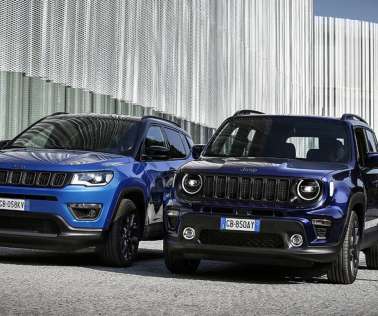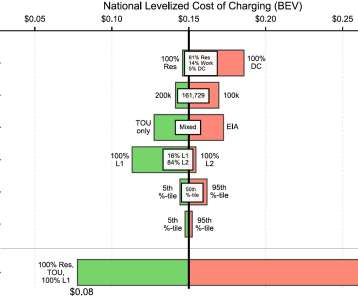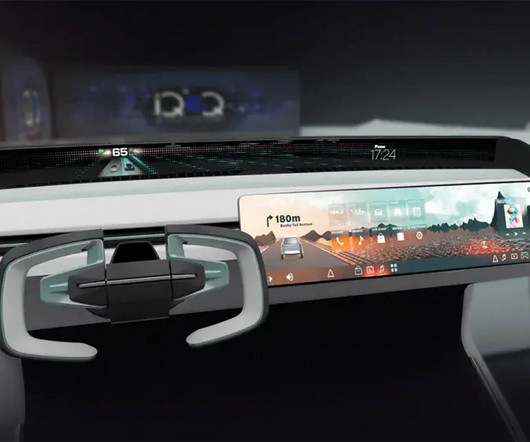ICCT LCA study finds only battery and hydrogen fuel-cell EVs have potential to be very low-GHG passenger vehicle pathways
Green Car Congress
JULY 21, 2021
The results show there is no realistic pathway to full decarbonization of internal combustion engine vehicles, and that only battery and hydrogen fuel-cell EVs have potential to be very low-GHG passenger vehicle pathways. This is especially important for assessing the GHG emissions of PHEVs.









































Let's personalize your content